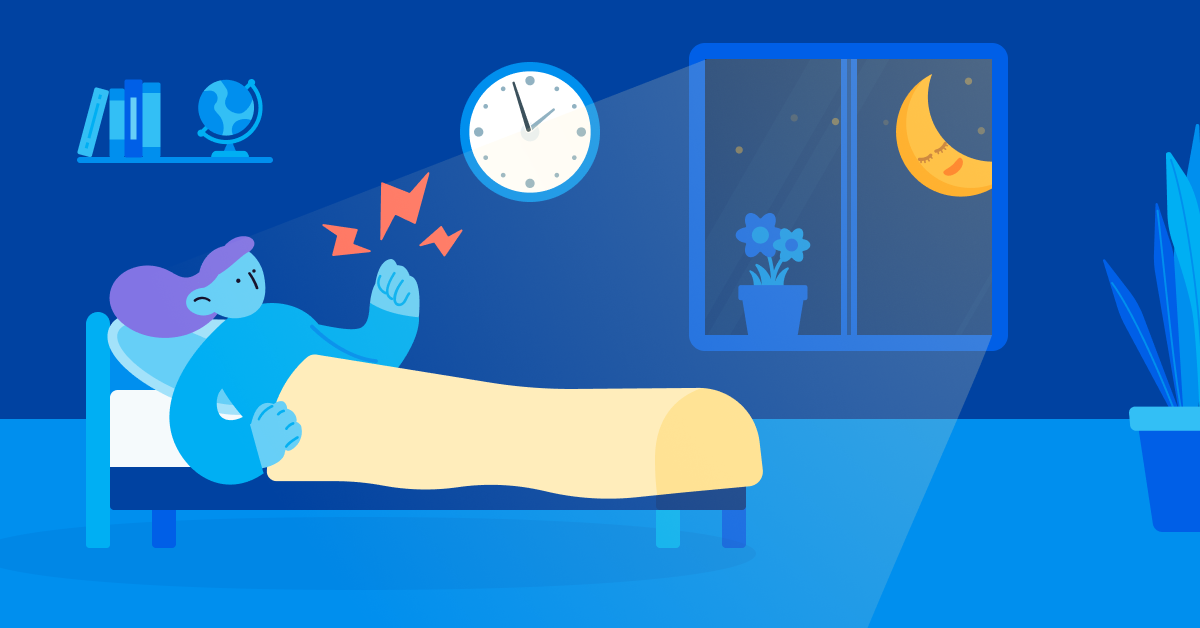Don’t let pain disturb your sleep
Sleep—what thoughts does it evoke in you? Are you one of those who rarely think much about your sleep, and despite this—or perhaps because of this—sleep well night after night? Or do you have the involuntary experience of lying and tossing and turning and feeling stressed that you still haven't fallen asleep?
Regardless of your own sleep pattern, sleep disorders are a very common problem. So if you sleep poorly, you are far from alone.
Nevertheless, lack of sleep can significantly affect our quality of life, and we are well advised to create as good conditions as possible to be able to recover properly during the night. This can be particularly important for those who live with pain in the form of, for example, a rheumatic disease.
A vicious circle
Pain itself can of course make it more difficult to sleep. It can also prevent us from being physically active during the day, which in turn can negatively affect sleep (1).
Lack of sleep has also been shown to activate specific pain centers in the brain, and poor sleep can be linked to a higher degree of both pain and fatigue in people with RA. (1)
There are things you can do!
If you have difficulties sleeping because of pain, don’t hesitate to discuss this with your doctor, so that you can review your situation and your medication. As a supplement, you can also try the following (1):
Take a warm bath or shower before going to bed. Warm water can relieve pain and stiffness in muscles and joints.
Spend a few minutes on an electric heating pad. This too can help with relaxation and pain relief.
Cool a painful joint with a cooling pad. Even cold can help with swollen, inflamed joints.
Relieve stress on your knees, hips and back with pillows. If you sleep on your back, place a pillow under your knees. If you prefer to sleep on your side, place a pillow between your knees.
Get moving during the day, if possible. Research shows that people with RA who are more physically active also sleep longer overall. (1)
If you suspect that factors other than pain are behind your possible sleep problems, you may need to review your evening and sleep routines in general. We will talk more about this in the next blog post!
PS. You are welcome to contact us at support@elsa.science and tell us how you would like to be able to log your sleep in the Elsa app! What questions would help you? If you want to register your sleep already today, you can use what is called "Own logging".
